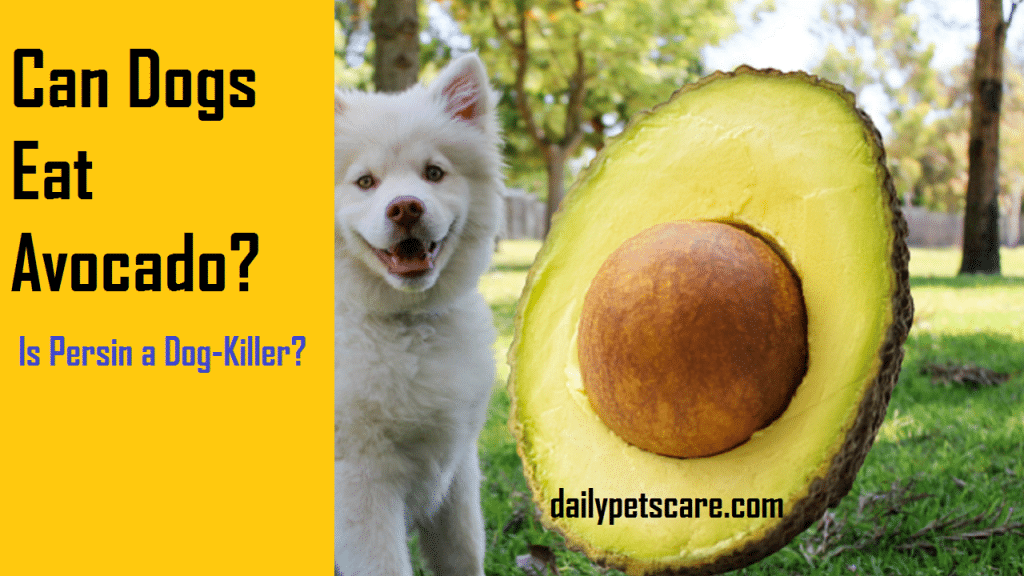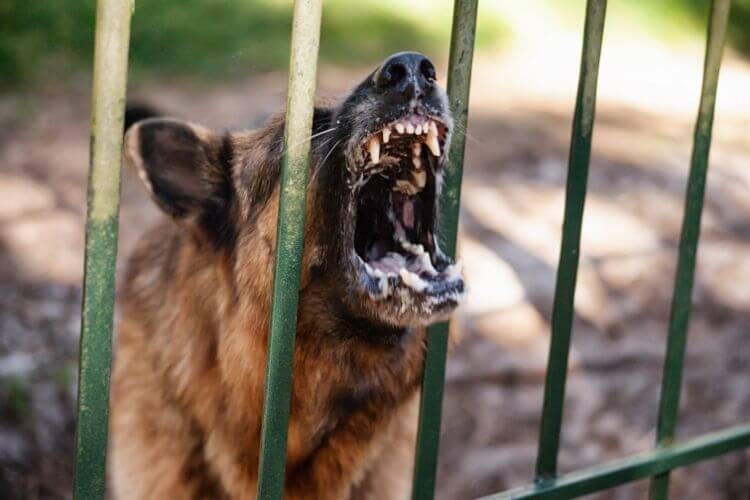You’ve probably heard that dogs should never eat avocados. Hence, you’ve always kept this delicious fruit away from your dog. To your surprise, you bump into dog food, with avocado being one of the ingredients. The shock! Nothing seems vital to you now like knowing, “Can dogs eat avocado?”
I got you!
Aside from the monounsaturated (healthy fat), avocado flesh is rich in Vitamins K, A, B, E, and C. Sadly, some avocado components, such as the skin, leaves, and seeds, may kill dogs.
The skin and leaves of avocados contain a dangerous toxin called persin. The seeds are definitely a choking hazard for dogs. Unripe avocados are also unsafe for dogs. A peeled and pitted avocado is safe for your dog to eat but always serve it in moderation.
I’ll cover the health benefits of avocadoes to dogs, the servings, risks, and alternatives. Let’s get started.
Can Dogs Eat Avocado?
Among the human foods that dogs can eat is an avocado! Avocado contains healthy fats that are easy to digest and safe for dogs, like olive oil. The vitamins and minerals in avocados are good for dogs and cats.
So, besides dry food, meats, wet food, or raw dog food, you give your four-legged canine, often treat him with ripe avocado.
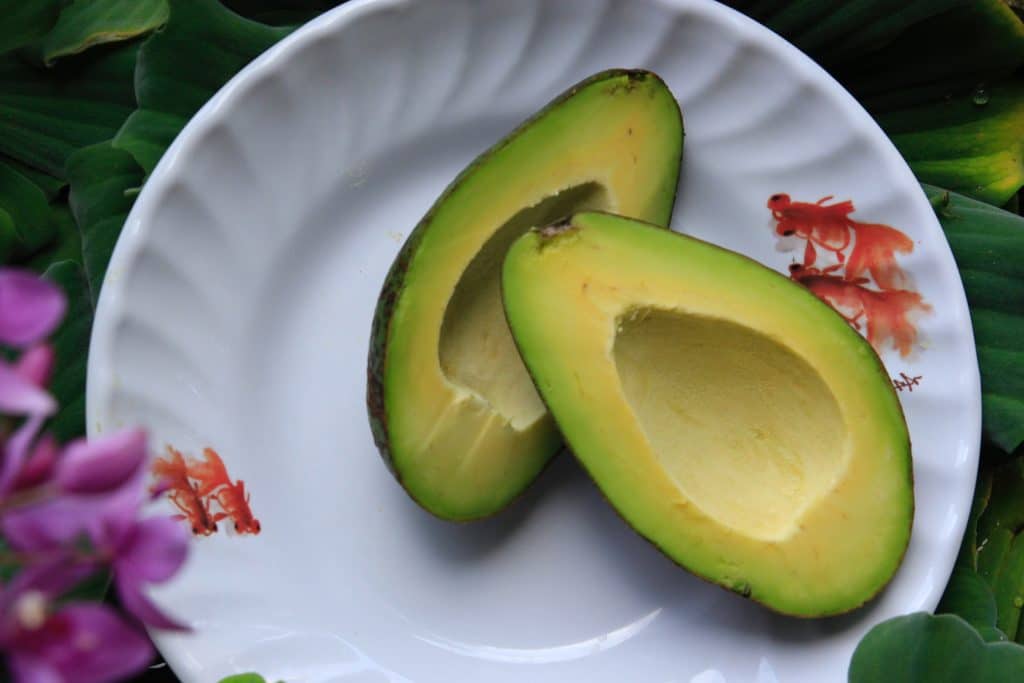
There are numerous health benefits of avocado for dogs. This fruit, also scientifically known as Persea Americana, is rich in various nutrients, as we shall see below:
- Amino acids
- Fiber
- Vitamin B6
- Vitamins A
- Folate
- Omega-3 fatty acids
- Fiber
- Antioxidants
- Vitamin B3 (niacin)
- Magnesium
- Vitamin C
- Potassium
- Vitamin E
- Vitamin K
So…
Why Is Avocado Bad For Dogs?
Avocado is bad for dogs because it contains a toxin. Besides, the seed and green skin aren’t safe for him. Too much fat and calories could cause significant health complications, too.
Read on to learn more.
Persin
While this fruit is rich in many nutrients, the avocado skin, leaves, and pit have high amounts of Persin. Besides, the avocado flesh also contains small amounts of fungicidal toxin known as persin.
Though this toxin causes more harm to other pets, such as birds; cats and dogs are more resistant to Persin. Hence, unless they eat a large amount of avocado flesh, the little amount of Persin in the flesh shouldn’t be a threat.
High Persin consumption can cause myocardial damage.
Therefore, ensuring your pooch eats only one or two thin slices of avocado is always a good idea.
If your dog consumes a lot of avocado, he could also suffer from myocardial damage, upset stomach, diarrhea, and vomiting.
High Fat
Besides, the high-fat content and calories could also inflame the pancreas, causing pancreatitis problems, which are extremely painful to dogs. Still, high-fat content causes weight gain in dogs if consumed in large quantities.
There are other treats you can give your dog, for example;
Have you ordered weight management food for your adult dog? Check out Hill's Science Diet Dry Dog Food. In only 10 weeks, your dog will lose the unhealthy weight. Besides, this diet also offers lean muscle support.
You should NEVER feed your dog avocados if he suffers from pancreatitis. That also explains why you should AVOID commercial dog treats and dog foods that have avocado as one of the ingredients if he is suffering from pancreatitis.
Though most dog owners recommend commercial dog food containing avocado oil or (and) avocado meal (dried and ground avocado) as they have no Persin, it’s always great to seek advice from your vet first.
Remember, your canine companion depends heavily on his pancreas to regulate hormones and digest food.
So, if he suffers from pancreatitis or comes from a lineage with this problem, the healthiest treats, low in calories and fat, such as apples and carrots, would be safer.
Avocado Seed
Aside from the high persin content, avocado seeds (hard inner stony parts) are also a choking hazard.
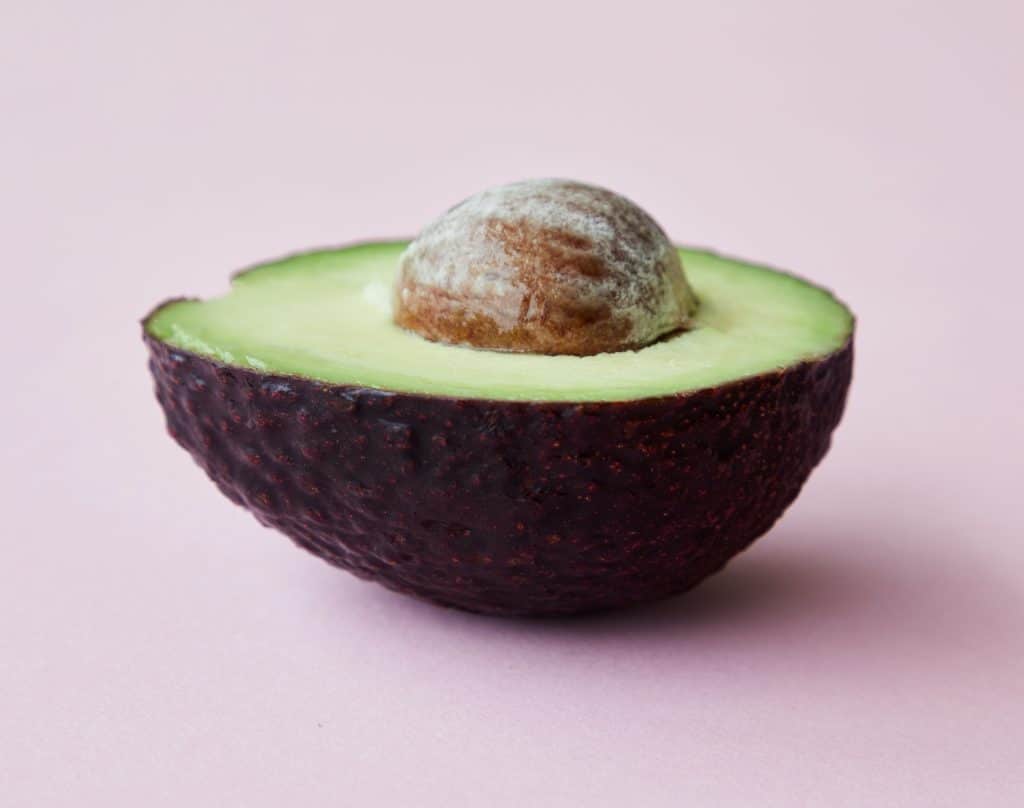
He might require emergency surgery to remove the avocado seed if he survives.
Besides, avocado seeds can also cause gastrointestinal blockage in dogs.
Therefore, whether you want your dog to benefit from the avocado nutrients or you simply want him to have shiny fur, which, according to most people’s beliefs, is caused by avocado oil, be careful with how much he eats.
A better option would be to buy the Burt's Bees for Pets Care Plus+ Natural Leave-In Conditioner Spray With Avocado & Olive Oil. Not only will it renew your pup’s skin, but it will also moisturize it and make it shine. Thankfully, it’s great for all dogs.
That’s why it is great to keep your dog off avocado trees.
Try keeping your pet busy so he doesn’t go to the farm, or grab your avocado from your dining table. Buying an Original Snuggle Puppy Heartbeat Stuffed Toy for Dogs works great. Besides keeping him busy, it will help relieve anxiety and offer comfort when he needs it most. It’s also a great training toy.
Besides, you could also order any safer pet food that contains the nutrients found in avocados but is lower in fat and free of Persin. These foods make a healthy diet for your pup, are easier to digest, and lower the chances of developing heart disease.
If you’re looking for the best puppy food, consider Nutramax Dasuquin with MSM Joint Health Supplement. Most Vets recommend this food because it helps dogs walk long distances comfortably and strengthens their muscles so they can get up to snuggle without straining.
What Happens if My Dog Eats Guacamole?
If your dog eats guacamole, he will have health complications because it contains harmful ingredients such as:
- Salt
- Garlic
- Onions
- Tomatoes
The most dangerous are garlic and onions, which could cause kidney failure and anemia when eaten in large amounts.
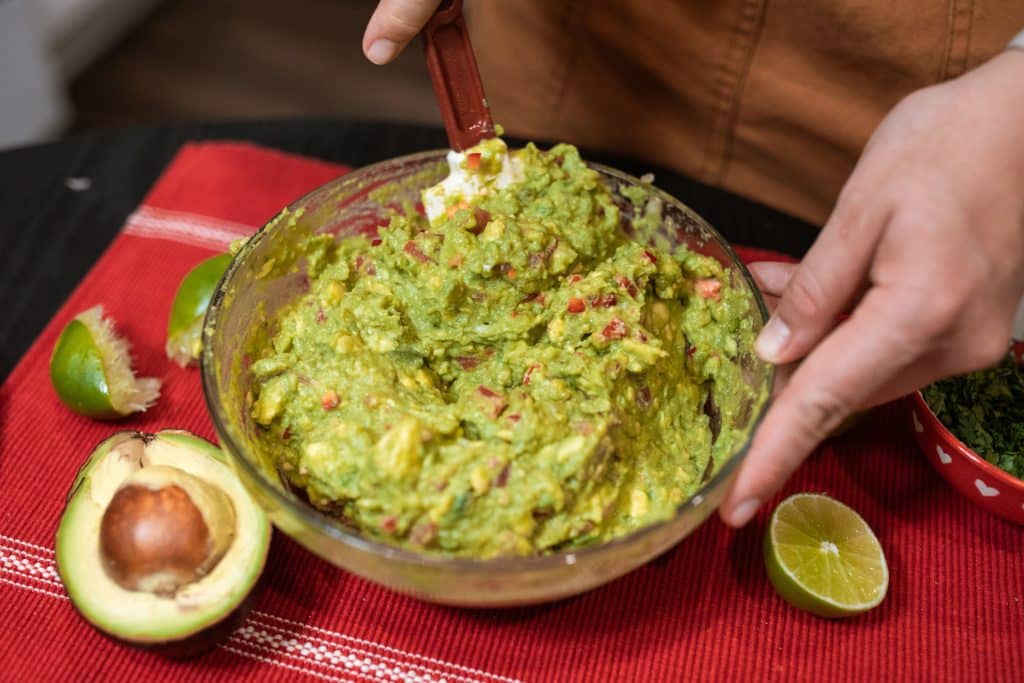
That’s why you should avoid adding canned food and avocado salad to a dog’s diet because most have unhealthy ingredients, such as garlic.
So, since guacamole already contains the Persin toxin, adding more toxic ingredients could cause major, lifetime health complications to dogs.
Is Half an Avocado Too Much for a Dog?
Yes, half an avocado is too much for a dog!
Dogs should only have at least 1 to 2 thin slices of avocados. An adult dog (large breed) weighs more and may eat two avocado slices daily without complications. Smaller breeds, though, should only have a thin slice daily.
To be more precise, only let an avocado make up to 10% of his daily calorie intake.
Are you looking for the best small-breed, adult wet dog food? It is great for strengthening your dog’s muscles and contains Vitamin B12 Supplement, Natural Grilled Chicken Flavor, Thiamine Mononitrate (Vitamin B1), Calcium Pantothenate (Vitamin B5), and Vitamin B12 Supplement, and more.
You must never forget several things when contemplating whether or not to feed your dog avocados: Firstly, all dogs are unique. So, your dog's reaction after eating avocados could be different from my dog’s reaction.
As a rule of thumb, NEVER give your four-legged pup guacamole, as it contains salt and other unhealthy ingredients. Avocados with seasonings and salt may also be dangerous for dogs. Avoid them. Plain avocadoes are healthier and more nutritious.
Besides, every dog's age, size, and health conditions also differ. Consequently, always consider your dog's health needs, diet, and weight when feeding avocados.
The avocado pit leaves and green skin should NEVER find their way into your furry's mouth. If he eats any of these by any chance, contact your veterinarian quickly.
Quantity control is necessary when giving dogs this nutrient-packed fruit because it contains high fat and calories. The avocado flesh is also rich in Persin, though in small amounts. Therefore, only give your adult dogs small, thin avocado flesh slices, at least two. One thin avocado slice is enough for a small breed. Puppies can be allowed to have a bite, not more.
Always contact your vet before feeding your dog avocado for the first time so he can advise accordingly.
